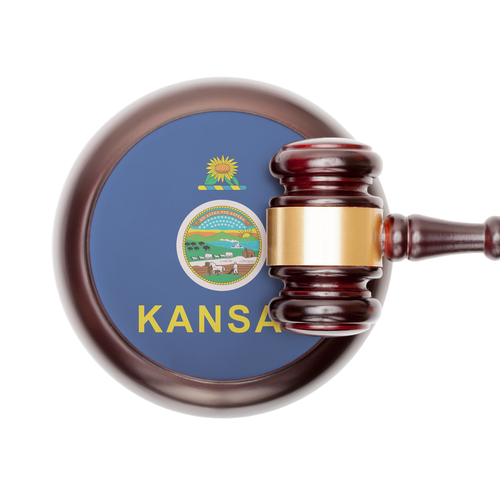Should ‘virtual currencies’ be subjected to real-life regulation?
In the wake of high-profile prosecutions—including late January’s arrest of BitInstant founder Charlie Shrem—a panel met at the ABA Midyear Meeting to discuss “Virtual Currencies: Bitcoin and the Role of New Currency in Criminal Enterprise.”
Bitcoins are a type of virtual, digital or crypto-currency; online-only money not backed or regulated by any government. Virtual currencies are popular with libertarians and fans of privacy because they are exchanged directly between individuals, just like cash, but usable online like credit cards. Bitcoins are the most widespread virtual currency, but also the most notorious; Bitcoins were the payment method of choice for Silk Road, the website shut down last year for trading in drugs and other illegal items.

Image from Shutterstock.
Bitcoins’ anonymity is a major part of their appeal, noted panel moderator Nina Marino, a criminal defense lawyer from Beverly Hills. But anonymity sends up red flags to federal prosecutors concerned about money laundering—and it could confound IRS efforts to keep track of income. With that in mind, she asked, should government regulate virtual currencies?
The consensus was that to some extent, it’s already happening. Frederick Reynolds, deputy director of the Treasury Department’s Financial Crimes Enforcement Network, said that while users aren’t regulated, businesses acting as “money transmitters” within the meaning of the law are.
And for prosecution purposes, the panel agreed that U.S. Attorneys are free to use existing statutes, such as mail and wire fraud, to prosecute alleged virtual currency crimes. It’s less clear, however, whether virtual currencies should be treated as currencies—even though they’re not fiat currencies backed by a government—or as securities.
Margo Tank, a partner at BuckleySandler in Washington, D.C., and Luke Sully, a director with Pricewaterhouse Coopers Forensic Services in Chicago, agreed that well-meaning businesses want to comply with regulations—and avoid being dragged into crimes—and would welcome regulations clarifying how to do that.
Criminal defense attorney Jeffrey Neiman of Fort Lauderdale, Fla. noted that to prove their money-laundering conspiracy charges against Shrem, prosecutors will have to prove Shrem’s intent and knowledge that illegal activity was happening on the currency exchange website he ran. And, he notes, juries might be sympathetic to the idea that not everything that’s underground is illicit.
At the end, an audience member asked Neiman if he would take payment for his services in Bitcoins.
“Do I have to file an 8300?” he asked, referring to an IRS form required when businesses take more than $10,000 in cash. Though the answer provoked a laugh, Neiman was making a serious point.
“What regulations do I subject myself to if I take it?” he said. “That’s where my hesitation would be.”
Related coverage:
ABAJournal.com: “Feds arrest 8 more in Silk Road case, say others in claimed $1.2B scheme should be ‘very nervous’”
ABAJournal.com: “‘Silk Road’ chief charged in drug case; feds say site did $1.2B in illegal Bitcoin-funded business”



